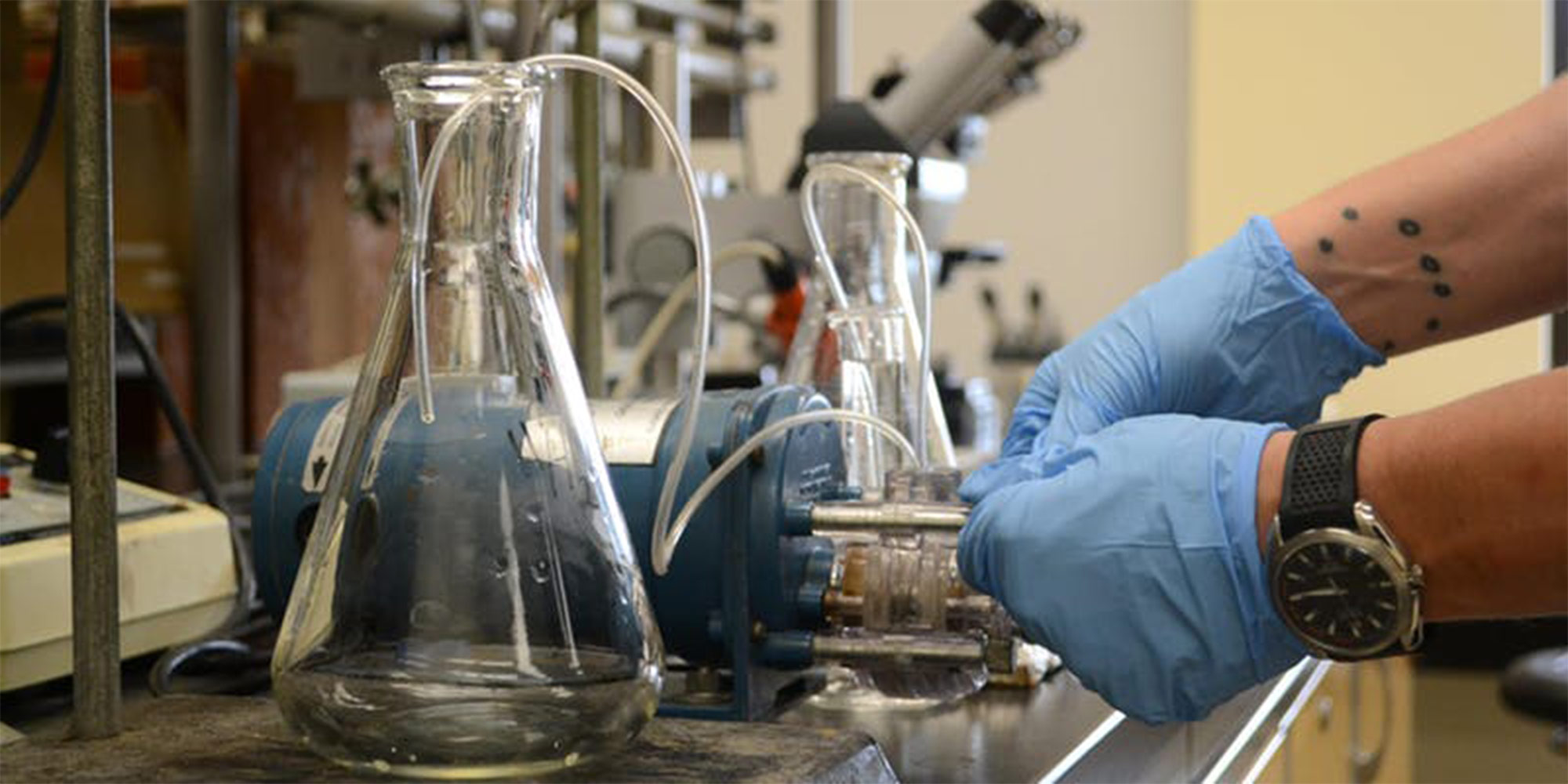Who can and should produce scientific knowledge, and where should it be produced? This performative debate explores whether science should be only in the hands of “experts.” Panelists will argue the pros and cons relating to the value of citizen science, interrogating whether it can make science policy more accountable and democratic, and whether ‘situated science’ should enter the mainstream practice of medicine. Panelists will also discuss hackerspace for biotech, and community labs coupled with access to CRISPR technology in relation to the advantages of making science home-brewed instead of professional. What controls should be implemented in public labs? Debaters and respondents will also consider whether current norms deserve to be challenged by a diversity of participatory approaches. Debaters Piroska Kopar, Jill Scott and Alex Pearlman will each have ten minutes to lay out their position either for or against citizen science/artists in labs, or to propose a more neutral or “referee” position on this complex topic. Subject experts/respondents Paul Miller, aka DJ Spooky, and Sidharth Ramakrishnan will each have five minutes to comment/respond to debaters.
Video

Gloves Off: A Performative Debate about DIY Labs and Citizen Science, Ellen Levy (US), Patricia Olynyk (US), Piroska Kopar (US), Alex Pearlman (US), Jill Scott (AU/CH), Siddharth Ramakrishnan (US), Paul D. Miller, aka DJ Spooky (US)
Debaters:
Dr. Piroska Kopar: Trained in general surgery at Dartmouth Medical School and had clinical fellowships in trauma and critical care surgery at Yale School of Medicine and at Harvard Medical School’s Division of Medical Ethics. She joined the School of Medicine at Washington University in Saint Louis in 2018 as assistant professor in Trauma, Acute and Critical care surgery. The same year, she was named director for the Center for Humanism and Ethics in Surgical Specialties (CHESS) at the university.
Alex Pearlman: Bioethicist and independent journalist who writes on the intersections of health policy and emerging technologies. In addition to reporting for major national and international outlets, Pearlman is a Research Affiliate with the MIT Media Lab’s Community Biotechnology Initiative and a researcher in the University of Pennsylvania’s Wexler Lab, where her scholarship focuses on independent biomedical research communities.
Dr. Jill Scott: Artist, teacher and context provider with 40 years’ experience in the unique transdisciplinary field of art, science and technology interactions. Her research spans neuroscience, electronics, ecology, sociology, sculpture, performative installation and media art. Her interactive media installations, which immerse viewers inside designed environments, focus on the human body, the social and physical impact of technology on our bodies, and the health of our environment.
Respondents:
Siddharth Ramakrishnan, PhD.: Neuroscientist and Assistant Professor of Biology and the Jennie M. Caruthers Chair in Neuroscience at the University of Puget Sound. His research interests span the field of developmental biology, neuroendocrinology and sensory-motor integration. He is a recent recipient of the NSF CAREER award for early career scientists to explore modulation of the reproductive axis in the brain by endocrine disruptors.
Paul D. Miller, aka DJ Spooky: Composer, multimedia artist, and writer whose work immerses audiences in a blend of genres, global culture, and environmental and social issues. Miller has collaborated with an array of recording artists, including Metallica, Chuck D, Steve Reich, and Yoko Ono. His multimedia performance pieces include Rebirth of a Nation, and Pioneers of African American Cinema, a collection of the earliest films made by African American directors, released in 2015.
Moderators:
Ellen K. Levy, PhD.: NY-based multimedia artist and writer whose focus is complex systems. She is a past President of the CAA, with a doctorate from the University of Plymouth. Levy has exhibited her work in the US and abroad, including at the National Academy of Sciences and NASA. Bloomsbury Press published her co-edited anthology, D’Arcy Wentworth Thompson’s Generative Influences in Art, Design, and Architecture, in2021. Levy co-edits the Routledge Book Series on art and science.
Patricia Olynyk: Multimedia artist who explores how technology, social systems and institutional structures shape our understanding of the world. Her work has been exhibited widely in the US and internationally. She was appointed inaugural director of the unified Graduate School of Art and Endowed Professor at Washington University in St. Louis in 2007 and was recently named inaugural Medicine + Media Arts Fellow at UCLA’s Art/Sci Center. Olynyk co-directs NY LASER Talks with Ellen K. Levy.
Credits
Ellen Levy (US), Patricia Olynyk (US), Piroska Kopar (US), Alex Pearlman (US), Jill Scott (AU/CH), Siddharth Ramakrishnan (US), Paul D. Miller, aka DJ Spooky (US)
This event is organised by LASER NYC.
LASER New York City (US) is co-chaired by Ellen Levy and Patricia Olynyk and hosted by Levy Arts
in partnership with Washington University in St. Louis.



